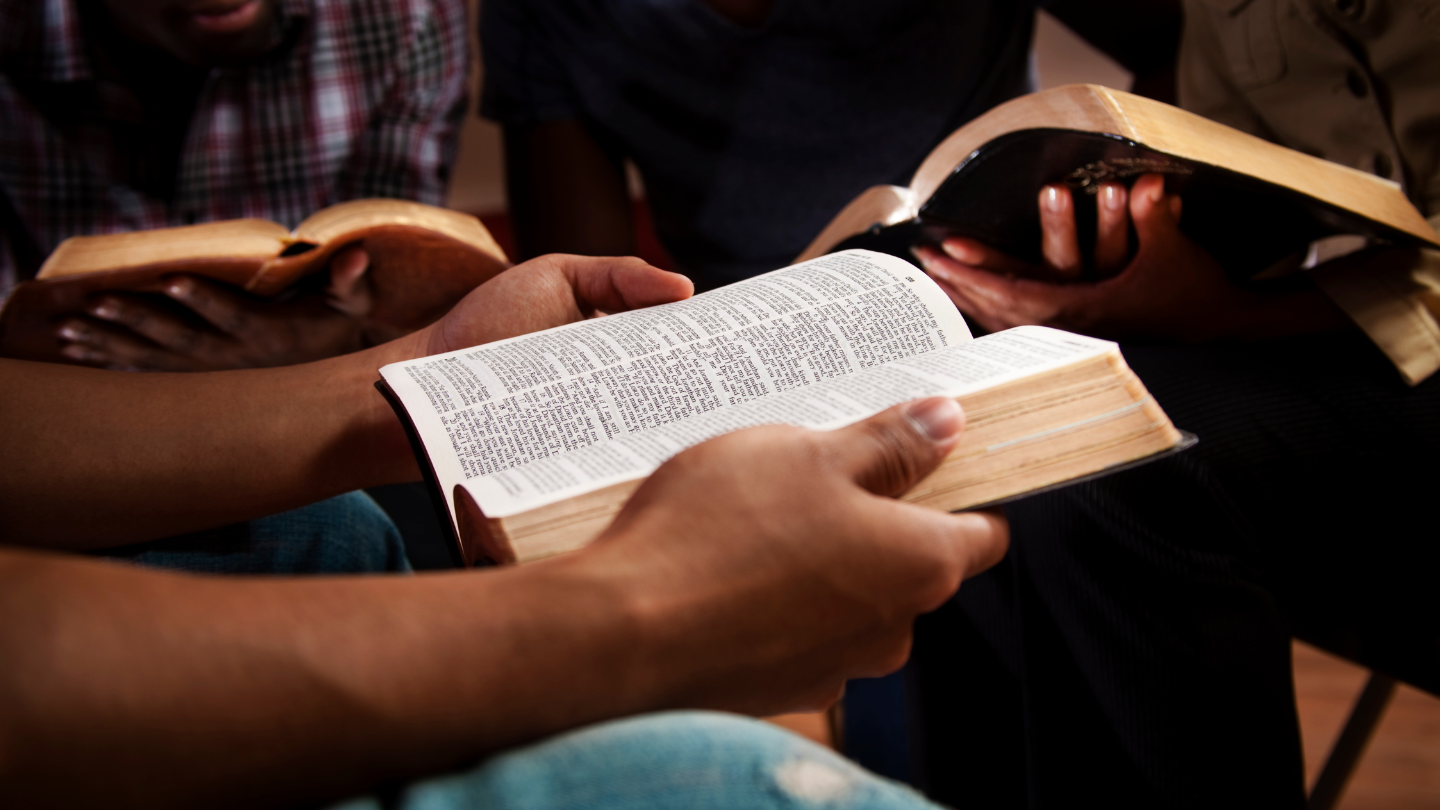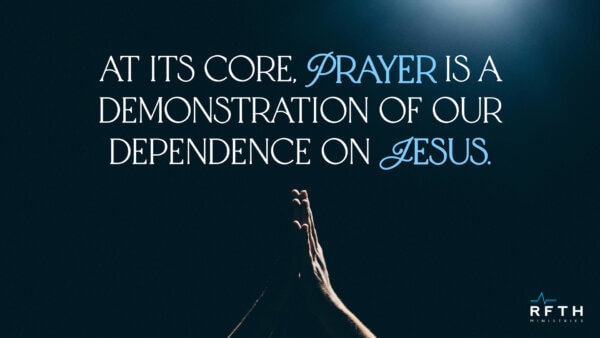Jonathan Munson, Executive Director, RFTH
“Pray without ceasing…” 1 Thessalonians 5:17
My family and I recently battled through a bout of ‘whooping cough.’
In case you don’t know, whooping cough is characterized by violent coughing spasms that make a distinct ‘whooping’ sound. For several long weeks, it seemed like there wasn’t a minute that went by when someone in my house wasn’t ‘whooping’ and hacking away. Trust me, coughing without ceasing is not a fun experience.
Honestly, I’d be perfectly fine if whooping cough never visited the Munsons again.
That said, I am very grateful for what the whole ordeal reminded me about prayer.
Sound strange?
Let me explain.
Paul tells the Thessalonians to “pray without ceasing.” The Greek word translated as “without ceasing” is “adialeiptos.” In Paul’s day, the Romans used this word to describe a nagging, persistent cough that wouldn’t go away.
While you might not have experienced ‘whooping cough’ before, all of us know what it’s like to get that little tickle in the back of our throats that makes us cough….and cough…and cough. It’s so frustrating! It’s not that we never stop coughing, but the cough keeps coming back, flaring up over and over again.
In a similar way, Paul teaches us that prayer should be woven into the rhythm of our day.
Like a persistent cough, our prayers should be frequent and spontaneous. This doesn’t mean we necessarily drop to our knees, bow our heads, and close our eyes. Nor does it mean we abandon times of regularly scheduled prayer, like our morning quiet times. It means we maintain an open line of communication with God, keeping a reverent, prayerful attitude throughout our day. When we do this, we learn to live in an ‘atmosphere’ of prayer, “praying in the Spirit on all occasions and with all kinds of prayers and requests” (Ephesians 6:18).
Now, maintaining an attitude of prayer is not easy, especially amidst the demands of life. But…we don’t have to make it harder than it needs to be. James Houston describes prayer as, “keeping company with God” and I believe this is the essence of what it means to “pray without ceasing.”
Instead of limiting prayer to a tiny portion of a 24 hour day, we spend our entire day in fellowship with the Lord. No matter where we go or what we’re doing, we talk to Him. Sometimes, this is out loud, but often it’s a quiet, internal conversation where our hearts commune with His heart. Whether we’re cooking dinner, driving to work, or sitting in silence, we’re aware of His presence. We’re listening, whispering, responding — keeping the conversation alive. And it doesn’t have to be complicated. Our prayers can be as simple as, “Thank You, Lord,” or “God, please help me right now!” or “Lord, forgive me for what I just said.”
You see, at its core, prayer is a demonstration of our dependence on Jesus. Remember, He is the “vine and we are the branches”(John 15:5). And just like a branch needs the vine to live, we also desperately need the Lord. So, if prayer is not central to our everyday lives, we are basically saying to the Lord, “I can handle my life without You.” Prayerlessness is a symptom of pridefulness.
I think this is why Paul is so passionate about prayer. Notice that “pray without ceasing” is not a suggestion or even a strong recommendation; it’s a command. Paul knows these three simple words have the power to revolutionize every aspect of our lives, so he directs us to obey them.
So, what will you do today? Will you pray without ceasing?
Maybe obedience to Paul’s command is as simple as pretending like you have a bad case of whooping cough…without the cough.
“If your day is hemmed in with prayer, it is less likely to come unraveled.” -Cynthia Lewis
DIG DEEPER
Read “Be a Person of Powerful Prayer” by Bryant Wright




















